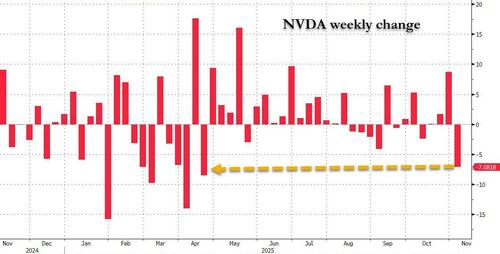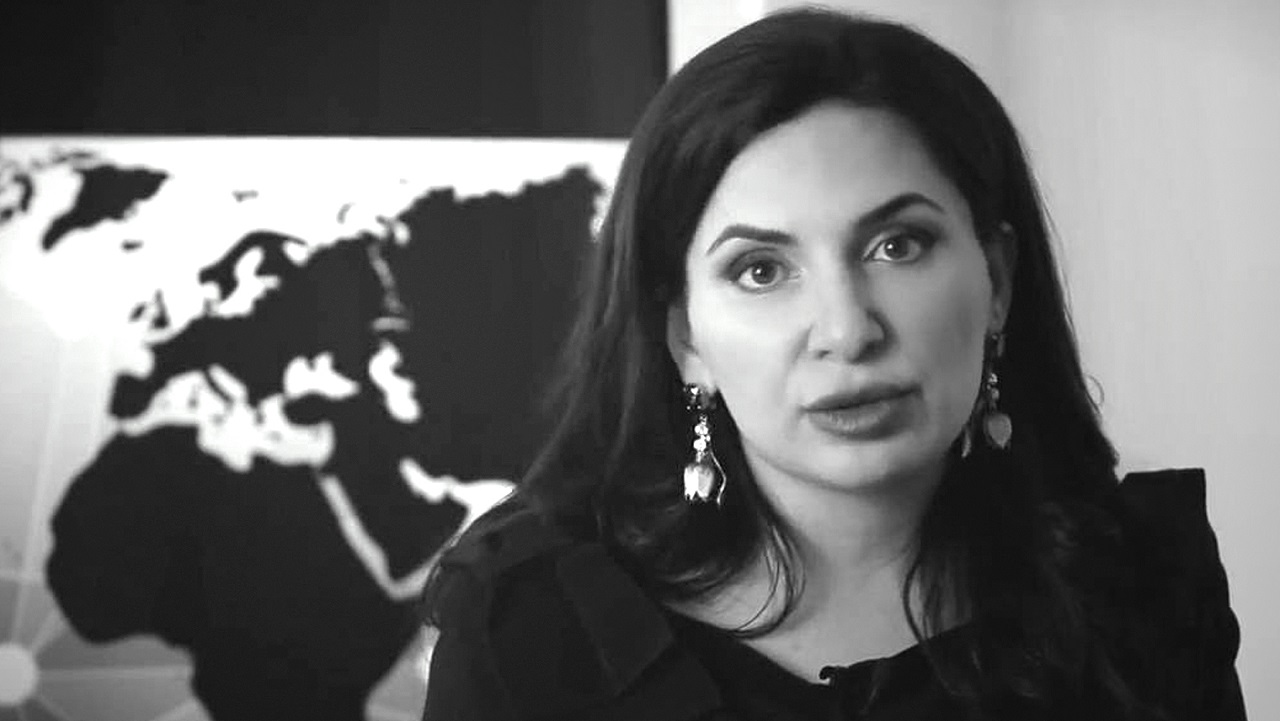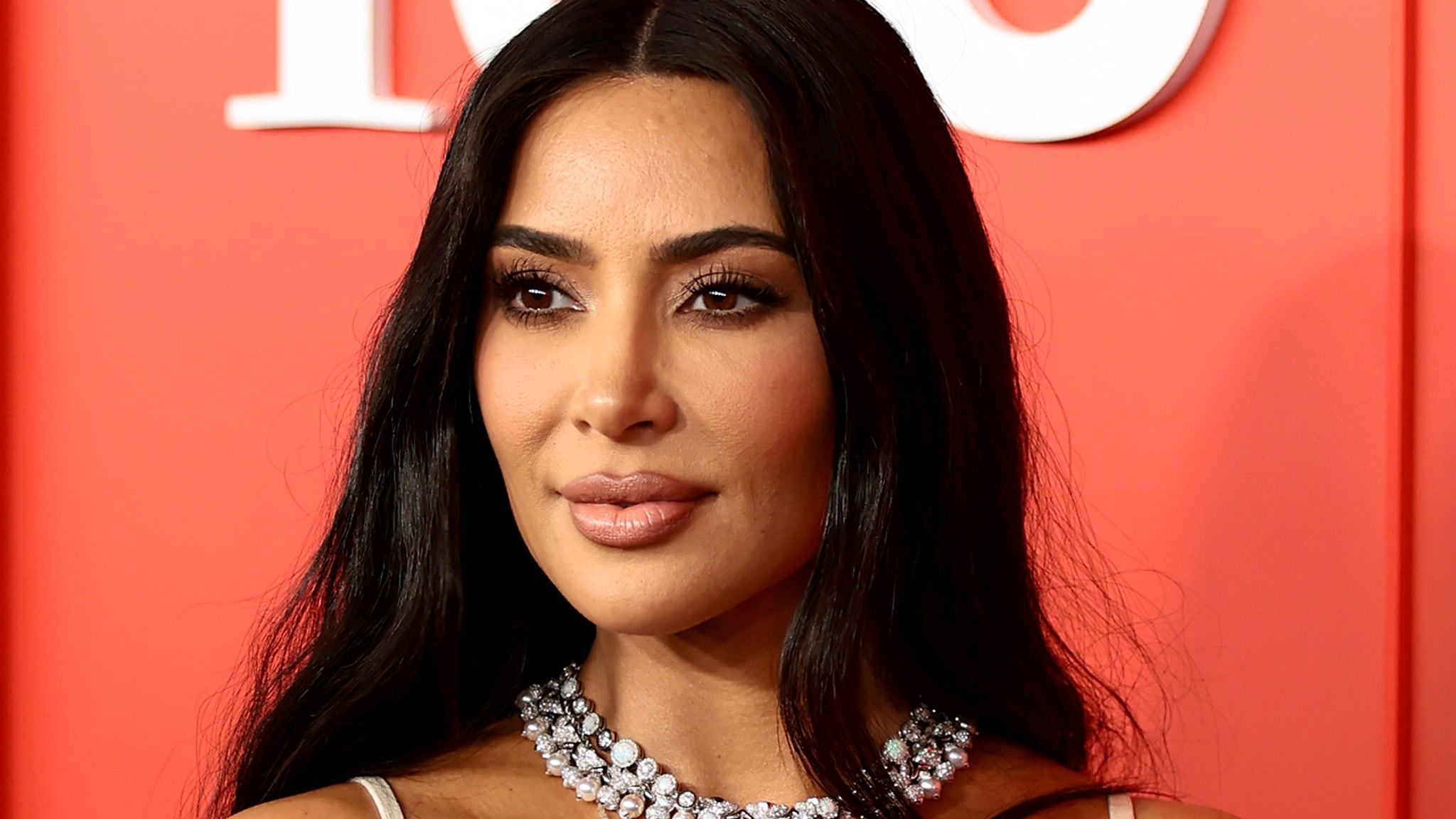Sales are picking up and showing strong growth in this festive season, says a report in Mint. This spells good news for economic recovery, more reliably than statistics on industrial production and employment, collected with data gaps and released after a lapse of time. Even better news is that vigour is visible in not just the premium and luxury end of the range for assorted products, ranging from biscuits and mobile phones to gold jewellery, but also in the budget, entry-level segments. That indicates that economic growth embraces all income levels, in this phase of recovery after the pandemic.
This is good news visible on the surface. We might not think of sales charts as things that yield transcendental insights into the soul of a society. That is only because we do not think deep or hard enough.
Diwali, the festival of lights, is the time when Indian tradition worships Lakshmi, the goddess of wealth and prosperity. But how do Indians pay obeisance to wealth? By hoarding it, grabbing hold of any bit of it that passes within reach and holding on to all that you have? Just the opposite. Diwali is a time for spending. You buy things that make you happy, make your friends and loved ones happy.
How does spending money become a form of worshipping money? That can happen if, and only if, you understand, implicitly even if not explicitly, that one man’s spending is another man’s income, and that when everyone spends, everyone earns and everyone is better off than if no one had spent and everyone had chosen merely to accumulate and brood over their wealth, like a chicken over her eggs. The chicken is the smart one — her eggs hatch and produce new life, while hoarded money only depreciates in value.
Festivals and their associated spending on making merry reaffirm and celebrate the interdependence of human beings, the sense that people need other people to be whole. This vision of humanity is alien to modernity, characterised by the unique, isolated individual, who sees others as mere counterparties in market transactions, in which one earns money by selling one’s skill and effort, and uses the money to procure whatever one wants or needs. This world of isolated individuals who privilege money and things was described famously by Margaret Thatcher, when she said there is no such thing as society — there are individuals, families and the market. This vision overlooks the underlying social relations, makes for alienation and loneliness.
Religion encourages people to reaffirm community, as against isolating individualism. An injunction to turn the other cheek reminds you there are bonds that unite the dealer of the blow with the one receiving it, bonds that should override the temporary animosity that induced the blow. The philosophy of non-dualism, or Advaita, holds that seeming difference is illusion, that the only reality is the underlying unity of everything and everyone. Ethics and morality are all about helping people get along together.
Togetherness as a collective is the underlying theme of all religions. Collectives are big on the irreligious Left, as well, those who believe collective striving can bring about a better life.
Festivals mark temporary ruptures in the normal hierarchical structures of society, which help people transcend the bounds of their normal stations in life, and establish links to others as fellow humans. This is more visible in some festivals, such as Holi, than in others, but the fundamental impulse remains communitarian.
Let us raise a toast to the Diwali shopper, helping the economy regain vigour, and reaffirming the ties that bind us together, in spite of our seeming differences.
Download The Mint News App to get Daily Market Updates.
More
Less















